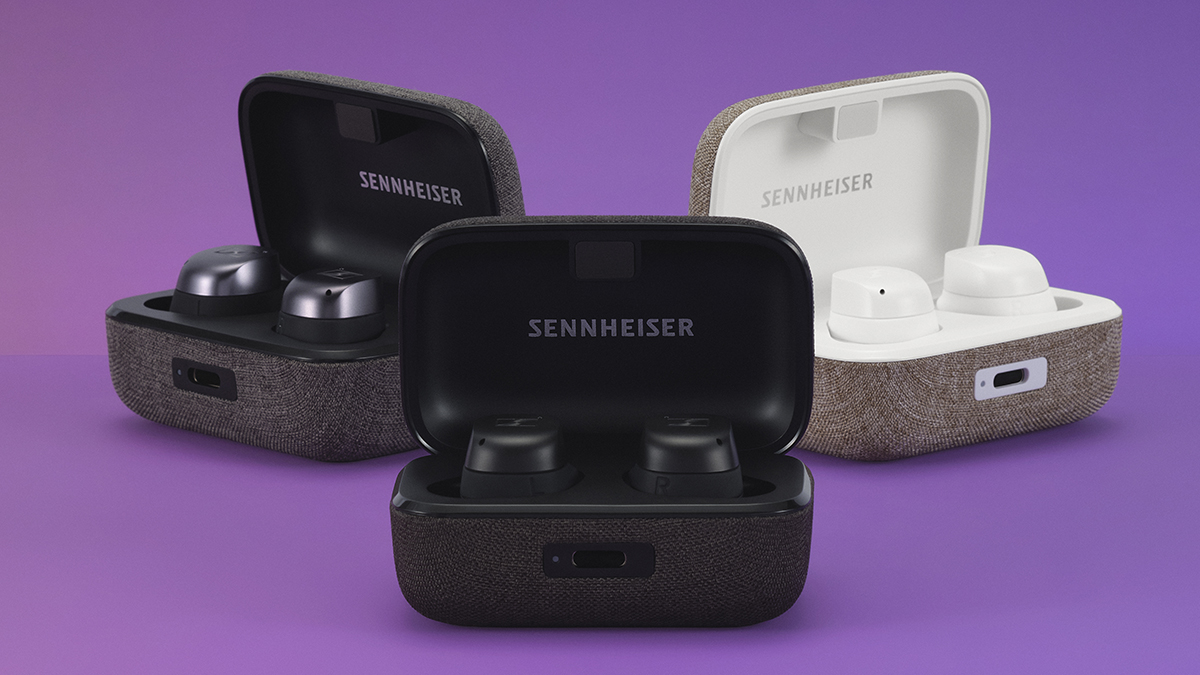Very fortunately, I have considerably better hearing ability over the average ability of my age group; I periodically check my hearing ability using a free software audiometer with nice headphone.
I well know and understand, however, my hearing ability in 7 kHz to 20 kHz (or
ca.15 kHz?) is now a little bit inferior to average of younger people; by younger people, I mean people of age 40 or less.
Consequently, in case I invite those younger people to my audio listening sessions, they highly possibly feel that my best tuned high Fq response over 7 kHz (for my ears and brain) would be a little bit too high-gain for their ears. This means it should be better that if I could have flexible Fq response adjustments in my audio system especially over 7 kHz (to 20 kHz) Fq zone.
I actually implemented such functionalities in
my multichannel multi-driver multi-way multi-amplifier stereo system. You can find the latest system configuration of my audio system
here in my project.
- Total system configuration and the best tuned Fq response; as of January 25, 2022: #508
As I shared in detail in my post
here on the project thread;
- Overhaul maintenance of super-tweeter FOSTEX T925A and further signal fine tuning thereafter: #485
I use a dedicated "integrated" amplifier directly driving the metal horn super tweeters Fostex T925A, and the volume dial of that amplifier can flexibly control the relative volume gain in 6 kHz - 20 kHz which is well overlapped the sound of Beryllium tweeter.
Whenever I invite my guest(s), especially younger generation, to my audio listening session, I first let him (her) listen to excellent recording tracks of solo violin music, and ask him (her) to adjust, by using the IR remote controller for the specific amplifier, the super tweeter volume level (gain) for his (her) most comfortable position, as this diagram is indicating;
So far, this flexible high-Fq gain control has been working very nicely, and all of our guests were very much comfortable for this functionality.
Edit:
You may easily implement the same flexible high-Fq gain control even in single DAC single amplifier audio system, if you have DSP crossover EQ software in upstream PC (or Mac) and can feed all of the gain-adjusted crossovered channels into your single DAC, as I wrote in the very first post of my project thread
"any topic or discussion on ""software crossover" for "single-DAC plus single amplifier"" will be very much welcome".

